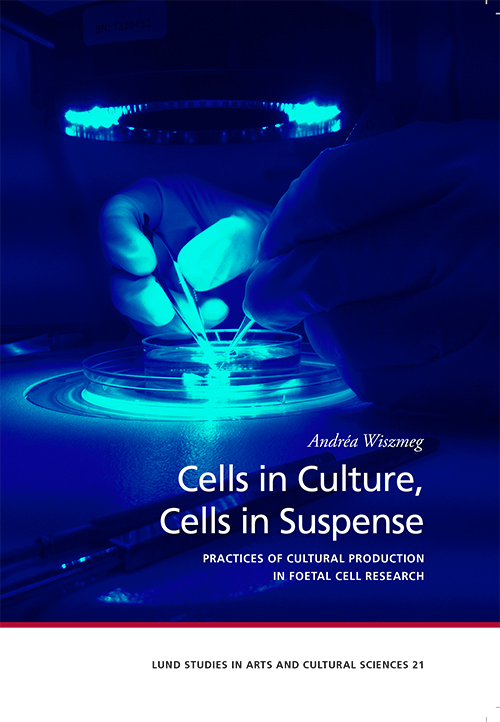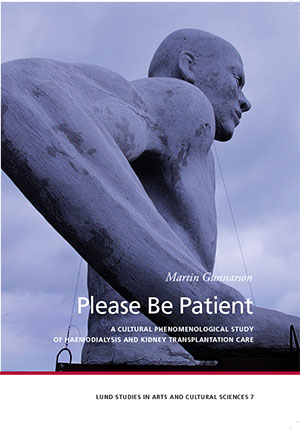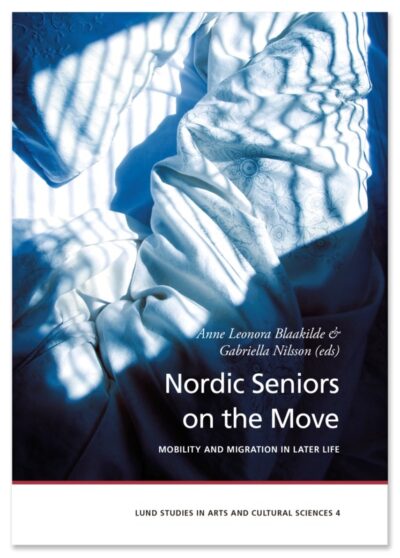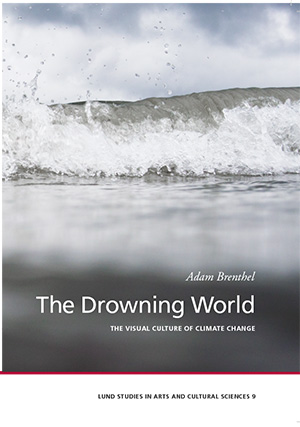Beskrivning
Parkinson’s disease is a neurodegenerative affliction to which researchers have long striven to find a cure. The human embryo is a source of vital cells used in regenerative medicine, as well as a powerful symbol of life. Using foetal cells from aborted embryos for transplantation to the brains of Parkinson patients is an avenue that has been explored by neuroscientists on and off for the last thirty years. This ethnological compilation thesis follows a national branch of a foetal cell transplantation trial through successes as well as challenges in processing foetal material into an effective, transplantable cell suspension. The cell suspension is conceptualized as a bio-object, and explored as something that produces new knowledge, emotions and logistical and ethical negotiations. These products are beyond the scope of the trial and biomedical research in general, but they do nonetheless interact with and affect society at large.
New biomedical inventions and forms of therapies transgress the limits of life and death and the boundaries of individuals, as well as between species. Such cultural reordering challenges researchers, health care professionals as well patients on a daily basis. Exploring the intersection between instruction and practice, nature and culture as well as between science and ritual, this thesis contributes to a broader understanding of cultural and material conditions of knowledge production. It also offers a methodological elaboration of how a diffractive approach may be fruitful in ethnographic research, when trying to reconcile epistemological differences in cross-disciplinary endeavours.
The thesis is itself a product of multidisciplinary cooperation, in which the researcher is affiliated with the milieus the Department of Art and Cultural Sciences and the Basal Ganglia Disorders Linnaeus Consortium (Bagadilico) of the Medical Faculty, both at Lund University, as well as the Learning and Media Technology (LET) Studio at Gothenburg University.
Andréa Wiszmeg, Department of Arts and Cultural Studies Lund University, is an ethnologist with a B.A. in the History of Ideas and Sciences, and a Master in Applied Cultural Analysis. Cells in Culture, Cells in Suspense is her doctoral thesis.



